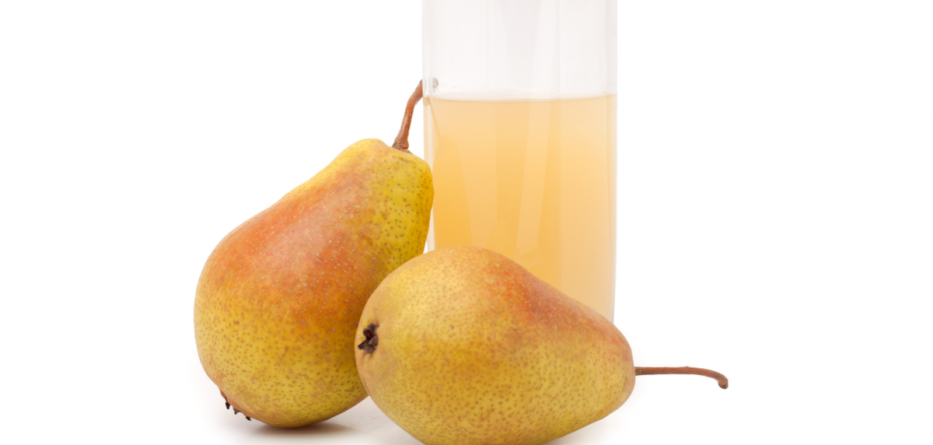Chronic obstructive pulmonary disease (COPD) is a chronic inflammatory lung disease that often leads to blockage of airflow in the lungs. Two main types of it are chronic bronchitis and emphysema. Common COPD Symptoms include difficulty in breathing, coughing, mucus production and wheezing, which are always caused by prolonged exposure to substances like cigarette smoke that irritate and damage the lungs. It’s has been proved that people with COPD have an increased risk of heart disease, lung cancer and a variety of other diseases.
A healthy diet is an important part of the COPD treatment plan. Eating right foods can help you control your symptoms, make you feel better, improve your energy levels, and provide your body with the fuel it needs to fight infection. You need to inject energy when you have COPD, so feed your body well.
Maintaining good eating habits in this situation is not boring or difficult at all. Just follow these healthy eating tips below.
- Proteins-rich Foods
Many patients with COPD actually have protein deficiency. When your body lacks protein, it can cause muscle loss. Therefore, it is important to eat lean protein with every meal. Foods such as fish, chicken, eggs, nut butter and low-fat dairy products are excellent sources of lean protein. You can also make smoothies with protein powder.
- Some Vegetables & Fruits
When choosing what fruits and vegetables to eat, a reasonable advice is to choose brightly colored fruits and vegetables because bright fruits and vegetables are rich in phytochemicals which can help reduce cell damage.
Try these healthy vegetables:
Broccoli
Carrots
Cooked tomatoes
Leafy greens
Sweet potatoes
Winter squash
Brussels sprouts
Potatoes with skin
Tomatos
Cucumbers
Fruits rich in antioxidants are also an important addition to your diet. One study even showed that a 100-gram increase in the amount of fruit consumed per day can reduce the risk of COPD death by 24%.
Try these healthy fruits:
Apples
Pears
Citrus fruits
Berries
Cherries
Cantaloupe
Oranges
Bananas
Grapes
Berries
Pineapples
- Beans
Beans have high fiber and also contain zinc. Some studies have shown that zinc may help to improve symptoms of COPD. The recommended daily dose of zinc is 11 mg for men and 8 mg for women. Peas and other legumes are also important sources of fiber and zinc. In addition, beans are often relatively cheap, making them an economical option.When eating beans, be careful not to include beans that may cause bloating or gasiness, which may cause difficulty breathing.
- Nuts
Many people with COPD have difficulty consuming enough calories, which can lead to malnutrition. High-calorie foods, such as nuts or nut butter, can not only help you increase your daily calorie intake, but are also a good source of protein. In addition, the nuts are small and they are a good snack if you are on a trip. If you want to eat nut butter, eat natural peanut butter without added sugar or almond butter. These natural peanut butters tend to have lower sugar and calorie content than other peanut butters.
- Whole grain
Avoid eating foods that contain refined carbohydrates such as bread, but choose whole grain foods such as buckwheat, bulgur or millet. A carbohydrate-rich diet leads to an increase in carbohydrate production, which is why it is important to avoid refined carbohydrates, which puts more pressure on the lungs. On the other hand, whole grains provide nutrients and energy to the body.
Although foods like bean burritos do provide protein and fiber, be careful. Foods that cause gas or bloating can make breathing more difficult. Common culprits include carbonated drinks, greasy fried foods, spicy foods, beans and vegetables such as cabbage and broccoli.
Joyce Waston




